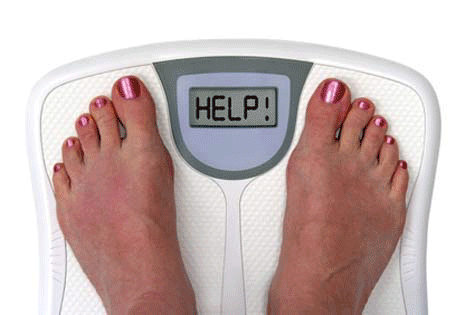 Today I want to focus everyone on one of the many different types of leadership concepts and leadership theories. With so many different approaches and styles of leadership, I started to think about all the different managers I’ve had throughout my eight years at Bank of America. Then I look inward at my pervious customer service team manager position. What is my leadership style?
Today I want to focus everyone on one of the many different types of leadership concepts and leadership theories. With so many different approaches and styles of leadership, I started to think about all the different managers I’ve had throughout my eight years at Bank of America. Then I look inward at my pervious customer service team manager position. What is my leadership style?I’ve always tried to have an inspirational approach to leadership and the most common style is “charismatic leadership”. Maybe because I employ this style I also respond very well to managers who have always tried to motivate me in this way. Charismatic leaders always develop good communication with their associates. All of them work with the team so that they actively contribute and develop the vision; the vision then becomes a part of not only the leader but of their team. I’ve always been given buy-in from my teams with a charismatic approach to leadership; my teammates are willing to go above and beyond the call of duty to achieve the vision. I feel like the most important part of a charismatic leader is the ability to inspire extraordinary performance from the team. With this style I always have the opportunity to turn members of my team who normally aren’t involved into active participants.
So when you’re applying it to your everyday work life, remember that a charismatic leader should arouse trust, faith and belief in their leadership ability. If we move forward and grow as leaders, we should also move our associates to become leaders in their own right. But most of all, charismatic leaders inspire a deep devotion in their team. The effect these types of leaders have on their associates seems to be their greatest achievement. This is of course the most important way to be effective and achieve your own personal and corporate goals.





